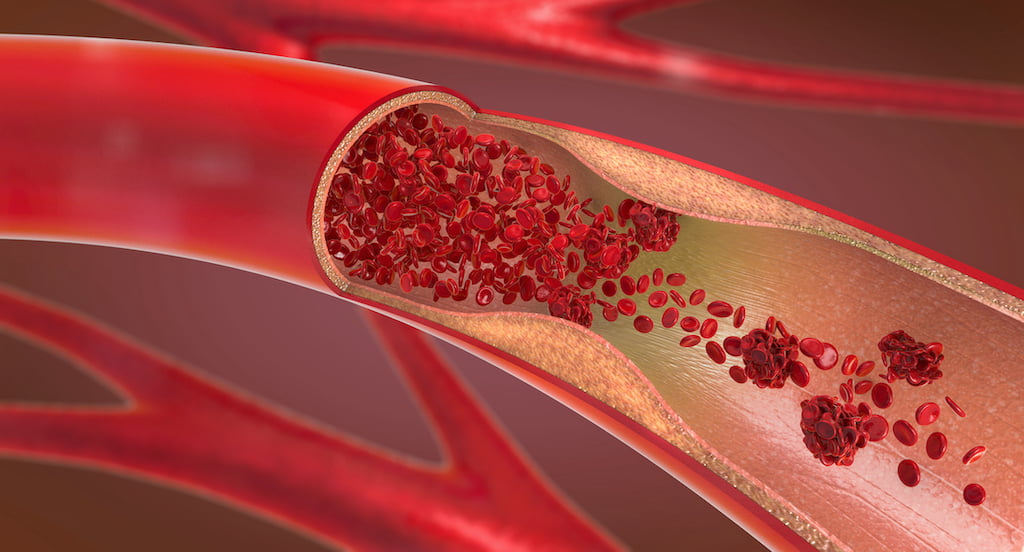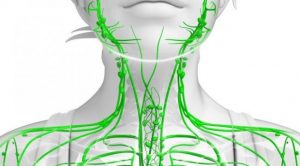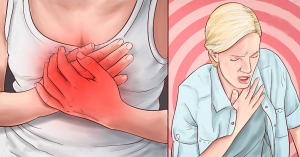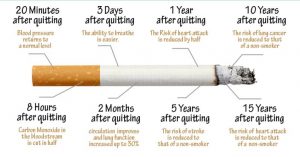Are you struggling to lose weight and maintain a healthy diet? You may have a toxic fatty acid that blocks weight loss.
Here's how a simple “Ice Hack” speed up my fat loss and helped me restore my health, watch now.
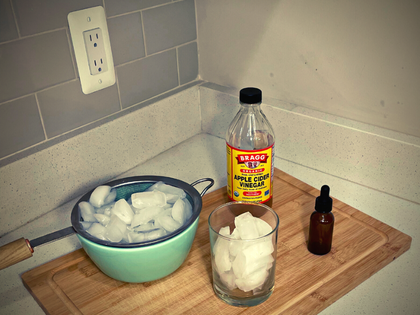
Blood pressure management is crucial for overall health, and understanding how to keep your numbers in check can be life-changing. Are you ready to embark on a journey of self-discovery and arm yourself with the knowledge needed to revolutionize your health? Let’s delve into the fascinating realm of blood pressure and explore the transformative power it holds.
Here are a few tips for blood pressure control:
1. Understand Blood Pressure Basics
Knowing the fundamentals of blood pressure can help you take control of your health Blood pressure is measured in millimeters of mercury (mmHg) and has two numbers:
- Systolic pressure: The higher number, representing the pressure in your blood vessels when your heart beats
- Di: The lower number, represents the pressure in your blood vessels when your heart is at rest
According to the American Heart Association, normal blood pressure is typically below 120/80 mmHg. Consistently higher readings may indicate hypertension or high blood pressure.
2. Monitor Your Blood Pressure Regularly
Regular blood pressure monitoring can help you identify potential issues and track the effectiveness of your efforts. Invest in a reliable home blood pressure monitor and check your blood pressure at least once a week, or recommended by your doctor.
3. Adopt a Healthy Diet
A balanced diet, rich in fruits, vegetables, and whole grains, can help lower and maintain blood pressure. Consider following the DASH diet, which emphasizes foods that are low in sodium, saturated fat, and cholesterol.
4. Stay Active
Regular physical activity can help lower blood pressure and promote overall well-being. Aim for at least 150 minutes of moderate-intensity exercise or 75 minutes of vigorous-intensity exercise per week, as recommended by the American Heart Association.
5. Limit Alcohol and Caffeine Intake
Excessive alcohol and caffeine consumption can raise blood pressure. Limit alcohol to no more than one drink per day for women and two for men, and monitor your response to caffeine.
6. Manage Stress
Chronic stress can contribute to high blood pressure. Practice relaxation techniques such as deep breathing, meditation, or yoga to manage stress effectively.
7. Maintain a Healthy Weight
Carrying excess weight can strain your heart and raise blood pressure. Work towards achieving and maintaining a healthy weight through diet and exercise.
8. Quit Smoking
Smoking can damage your blood vessels and increase your risk of high blood pressure. If you smoke, make quitting a priority.
If you follow these tips and tricks daily, you will effectively promote your blood pressure health.

